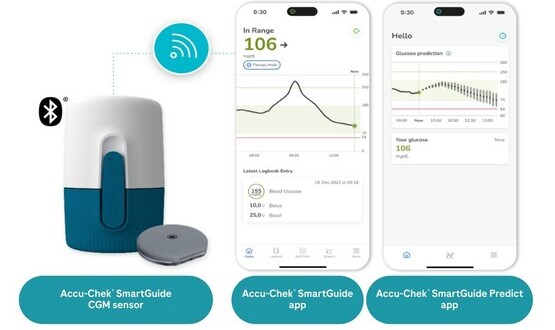Healthcare IT industry news in brief
- 20 January 2017

This week’s round-up of Health IT industry news covers a new project to use MRI data to more accurately monitor multiple sclerosis and electronic alert to support GPs treating patients with type 2 diabetes.
HealthHarmonie picks Docman
A private community services provider that works with the NHS has picked Docman to manage its electronic documents.
HealthHarmione sees about 85,000 patients a year under NHS contracts with 27 CCGs. Docman is one of the leading document management system supplier in the NHS, used by more than 120 providers.
As part of the deal, HealthHarmione is now using Docman’s Hub product to send digital reports to about 900 GPs. The company sends about 1600 GP reports a week.
Siemens and Biogen partner to develop MRI apps
Siemens Healthineers and Biogen will partner to develop a quantitative MRI data-driven tool to improve decision making in multiple sclerosis monitoring. Siemens Healthineers, previously Siemens Healthcare, and autoimmune and rare disease therapy manufacturer Biogen will combine their knowledge of imaging and neurology repetitively to develop new “measurement tools that meet the particular technical challenge of MS”.
Bolton deploys Citrix
Bolton NHS Foundation Trust is rolling out Citrix virtual desktops across its sites, using the companies XenApp and XenDesktop products. The system allow staff to log-in on any given desktop, using a RFID badge, with a single sign-in and resume their last closed session.
Bolton covers both acute and community services and provides care from about 30 different sites, the virtual desktop will be available across these sites on desktop, tablet and mobile.
Emis Health adds new diabetes information to system
Systems supplier Emis Health has teamed-up with Diabetes UK to make more electronic information available to GPs about patients with type 2 diabetes.
The new functions within the Emis Web clinical system will alert GPs and practice nurses to patients with type 2 diabetes during a consultation, including the patient’s HBA1C levels, blood pressure and cholesterol. It will also prioritise the most urgent alerts and print out a personalised information prescription to help the patient self-manage.



